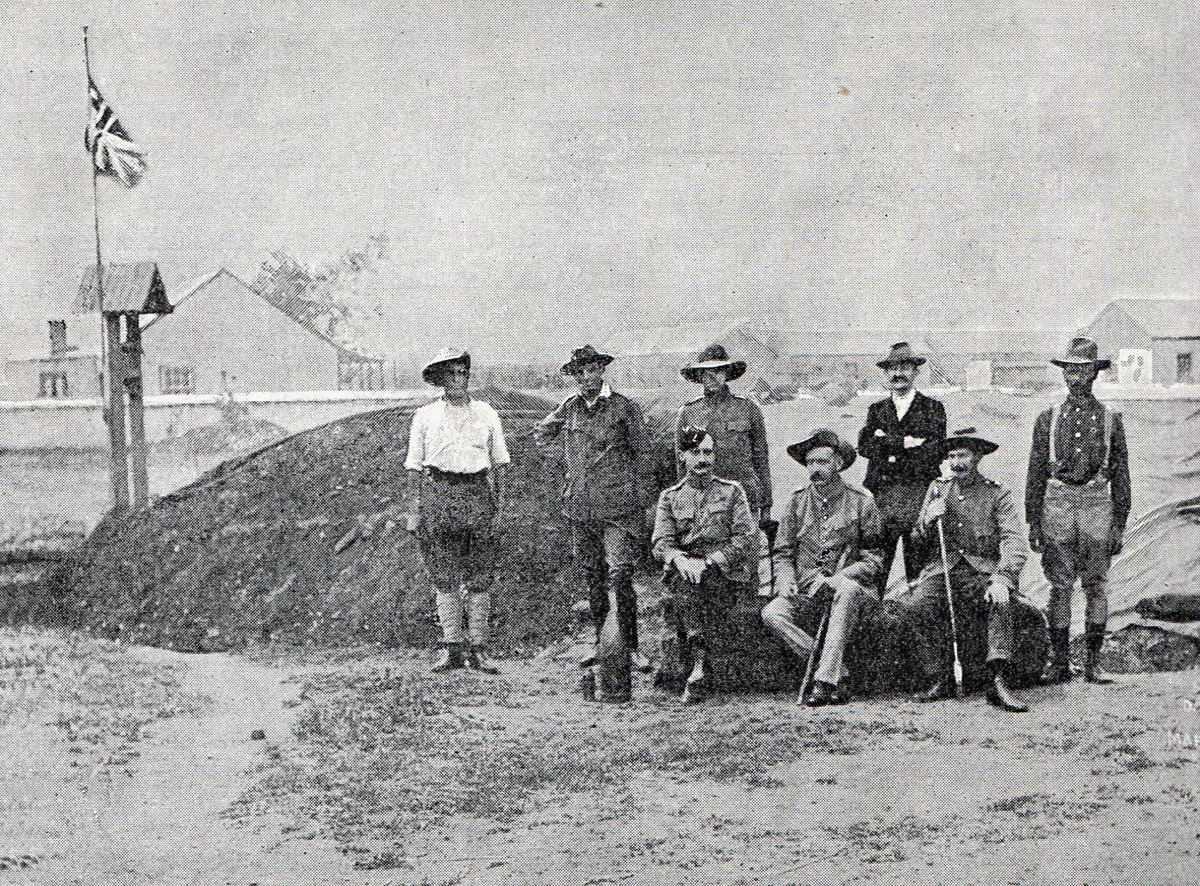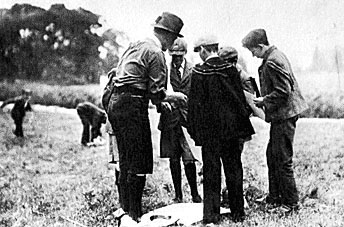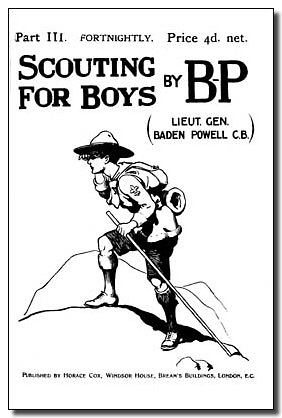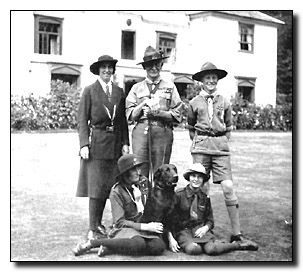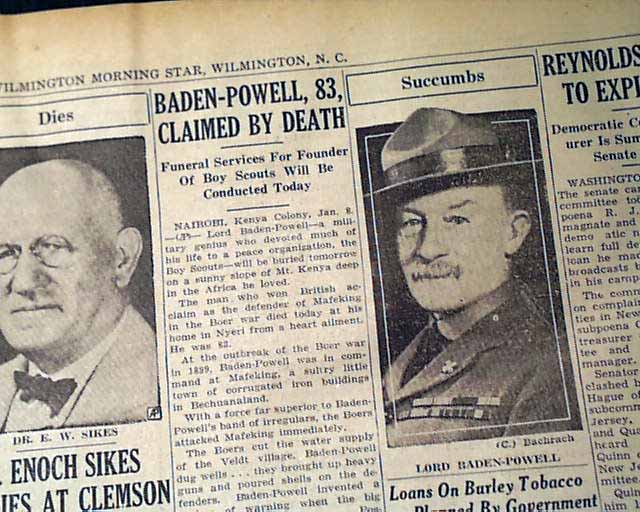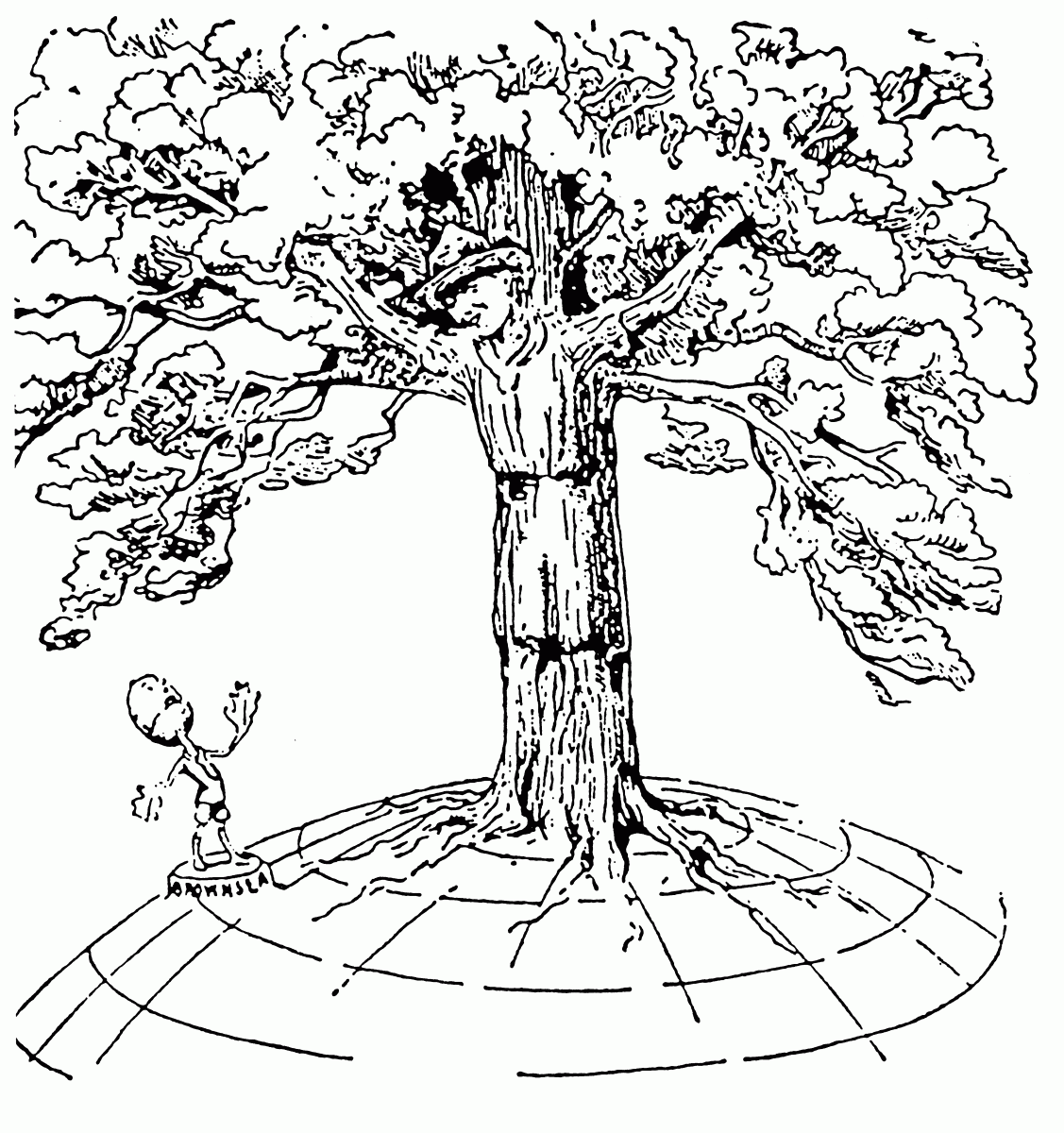Our founder and early history
Robert Stephenson Smyth Baden-Powell, affectionately known as B.-P., Chief Scout, was born in London on the 22nd February, 1857. He was one of ten children.
Baden-Powell attended Rose Hill School, Tunbridge Wells, where he gained a scholarship for Charterhouse.
After leaving school, Baden-Powell joined the Army and was commissioned straight into the 13th Hussars and served with the Regiment in different parts of the world.
In 1876 he went to India as a young army officer and specialised in scouting, map- making and reconnaissance. His success soon led to his training other soldiers for work. B.-P.’s methods were unorthodox for those days: small units of patrols working together under one leader, with special recognition for those who did well. For proficiency, B.-P. awarded his trainees badges resembling the traditional design of the north compass point. Today’s Scout Membership Badge is very similar.
Later he was stationed in the Balkans, South Africa and Malta. He returned to Africa to help defend Mafeking during its 217-day siege at the start of the Boer War. It provided crucial tests for B.-P.’s scouting skills. The courage and resourcefulness shown by the boys in the corps messengers at Mafeking made a lasting impression on him. In turn his deed made a lasting impression in England.
Returning home in 1903, he found that he had become a national hero. He also found that the small handbook he had written for solders (‘Aids to Scouting’) was being used by youth leaders and teachers all over the country to teach observation and woodcraft.
He spoke at meetings and rallies, and whilst at a Boy’s Brigade gathering, he was asked by its Founder, Sir William Smith, to work out a better scheme for training boys in good citizenship.
B.-P. set to work rewriting ‘Aids to Scouting’ for a younger readership. In 1907 he held an experimental camp on Brownsea Island, Poole, Dorset to try out his ideas. He brought together 20 boys, some from public schools and some from working class homes, and put them into camp under his leadership. The results of that camp are now known world-wide.
‘Scouting for Boys’ was published in 1908 in six fortnightly parts. Sales of the book were tremendous. Spontaneously, boys formed themselves into Scout Patrols to try out the ideas. What had been intended as a training aid for existing organisations became the handbook of a new and ultimately world-wide Movement. B.-P.’s great understanding of boys obviously touched something fundamental in the youth of England and throughout the world.
In 1910 Baden-Powell retired from the British Army to devote all his time to the New Movement.
In 1912 Baden-Powell married Olave Soames by whom he had three children (Peter, Heather and Betty.)
At the first International Scout Jamboree at Olympia, London in 1920, Baden-Powell was unanimously acclaimed ‘ Chief Scout of the World’ a title which no government or King could confer and one which lapsed on his death.
The third World Jamboree was held in Arrowe Park, Birkenhead in 1929 to celebrate the 21st birthday of Scouting. In this year Baden-Powell became Lord Baden- Powell of Gilwell.
Lord Baden-Powell died in 1941 at the age of 83 and is buried at Nyer, Kenya. Olave, Lady Baden-Powell continued to foster her husband’s aims and when she died in 1977, her ashes were taken to Nyeri for burial beside her husband.
From the Initial camp on Brownsea Island the Scout Movement has grown to over 30 million members. There are only six countries in the world that do not have Scouts.
